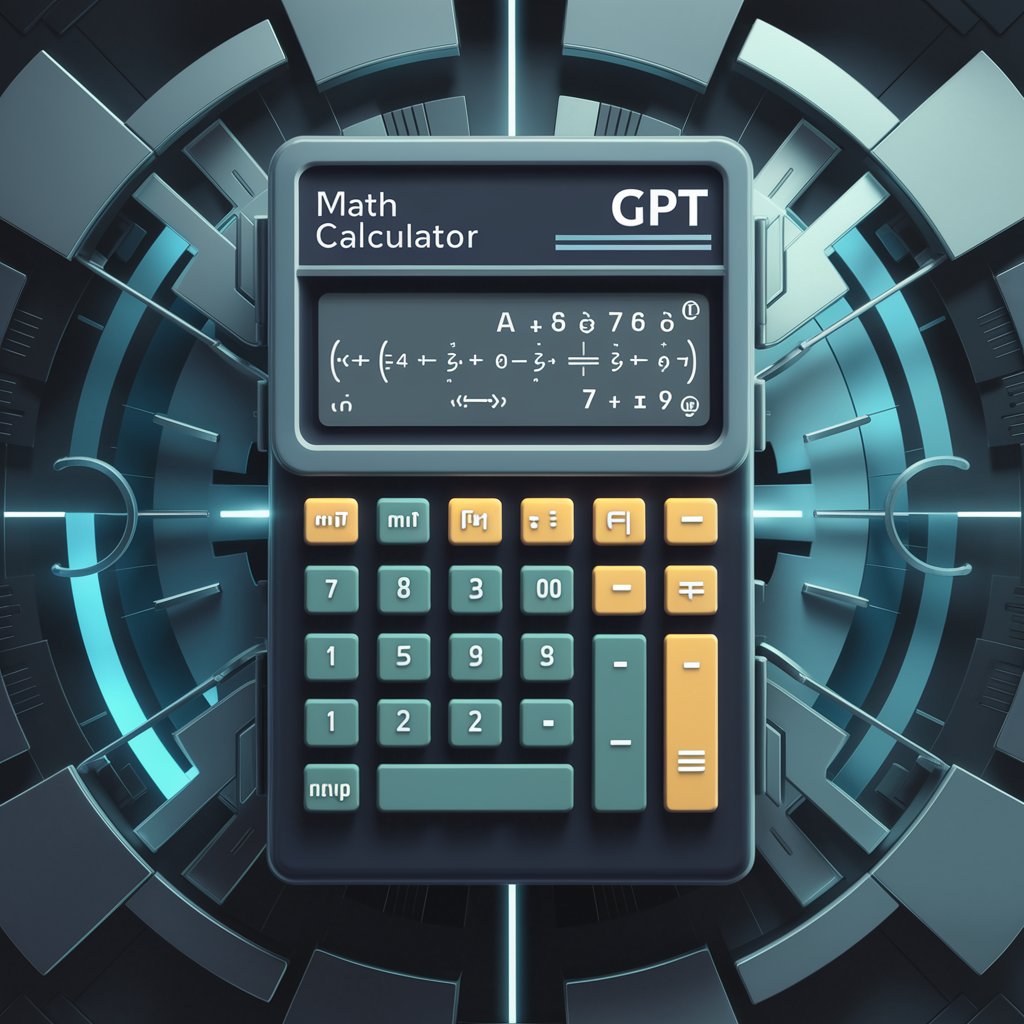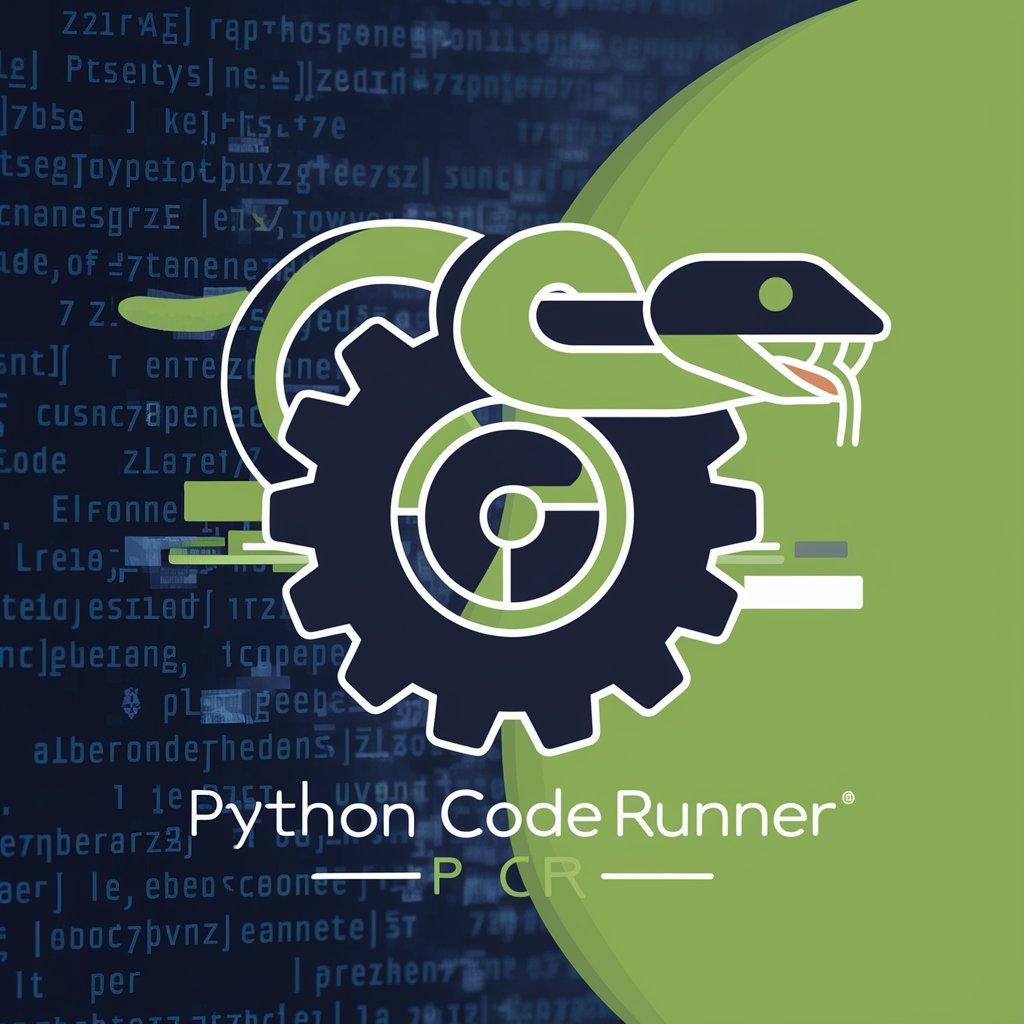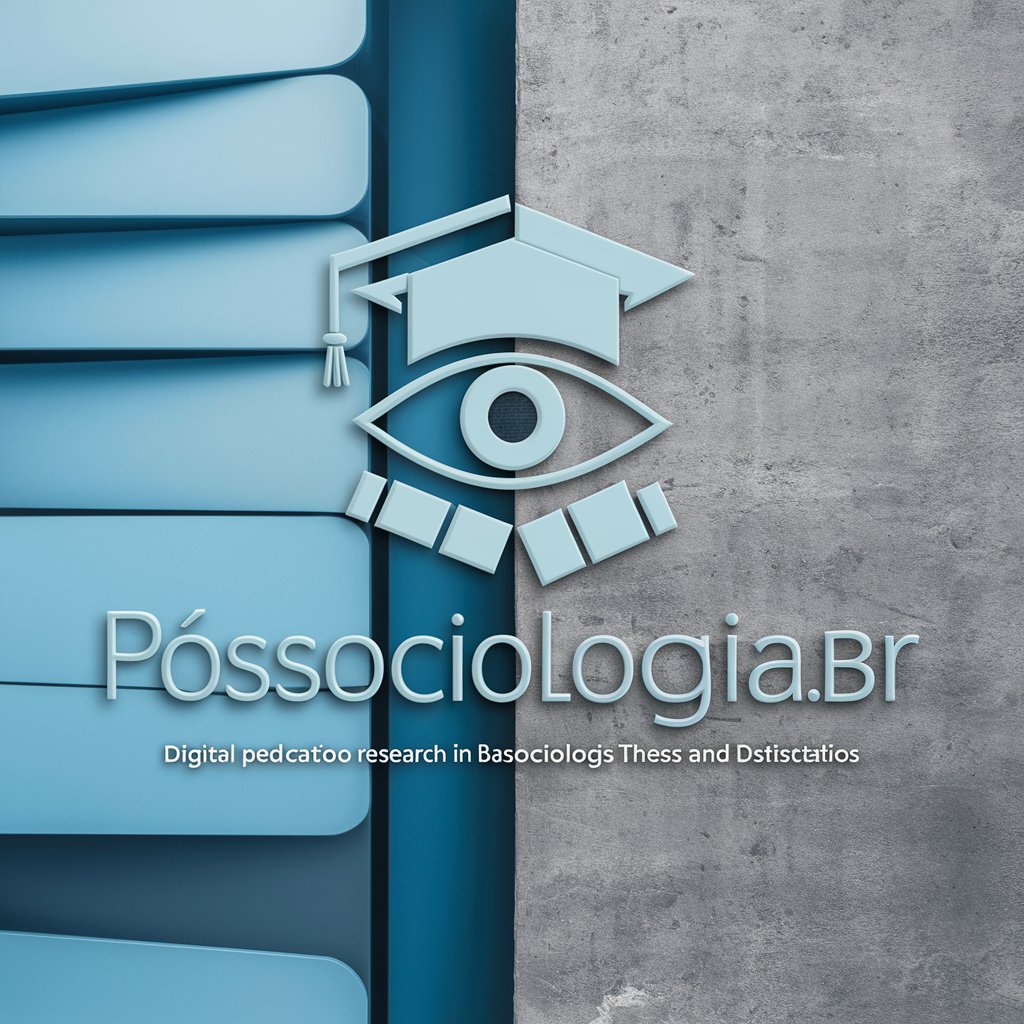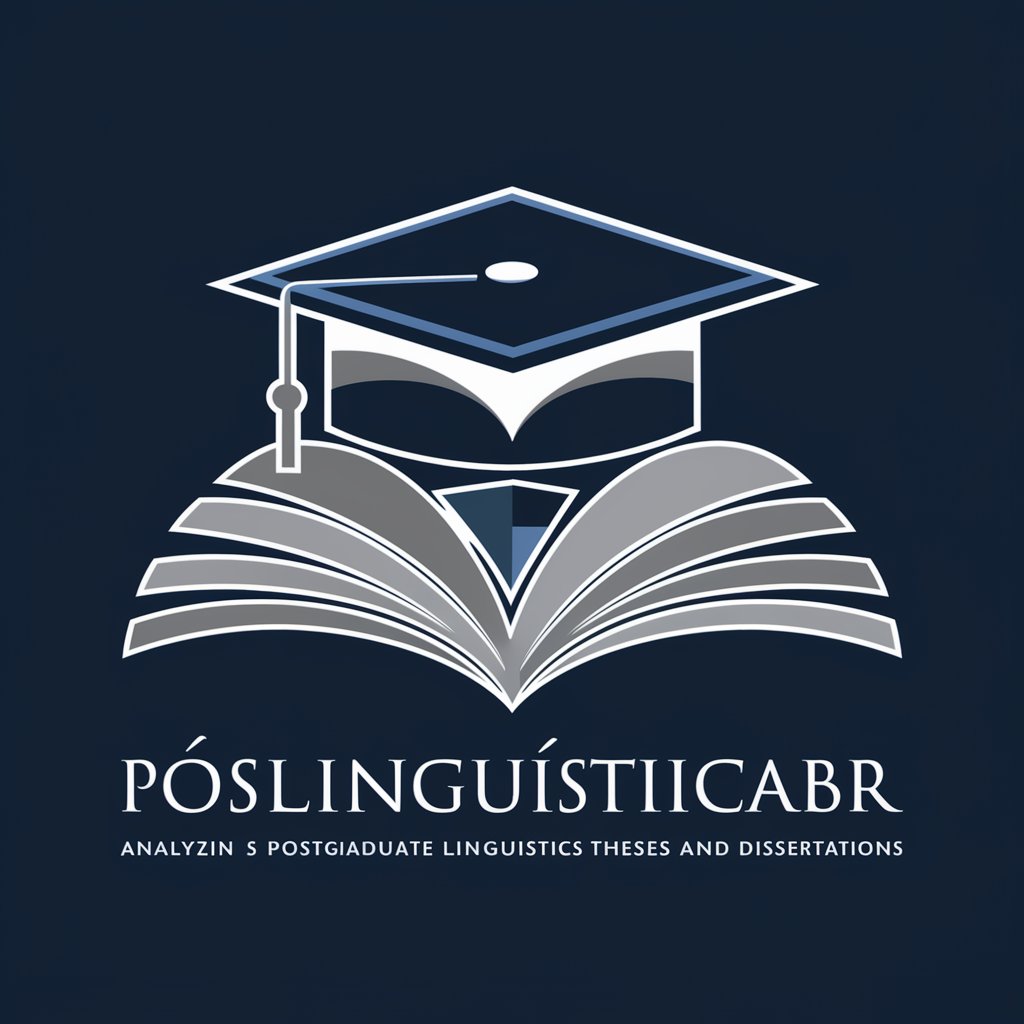
PósInterdisciplinarBR - Interdisciplinary Research Tool

Olá! Estou aqui para ajudar em sua pesquisa interdisciplinar.
Navigating Academic Complexity with AI
Gere um gráfico de teses por área nos últimos 5 anos
Mostre as dissertações sobre mudanças climáticas
Quais são os programas com maior produção em Direito?
Liste as teses de doutorado em Física de 2020
Get Embed Code
Introduction to PósInterdisciplinarBR
PósInterdisciplinarBR is a virtual assistant specialized in providing analysis and support for interdisciplinary postgraduate theses and dissertations in Brazil. It is designed to utilize data from the 'Catalog of Theses and Dissertations - Brazil' provided by CAPES (Coordination for the Improvement of Higher Education Personnel), including detailed information on interdisciplinary academic productions. The assistant prioritizes the analysis and creation of graphs, listings, and spreadsheets using data fields such as NM_PRODUCAO (Production Name), DS_PALAVRA_CHAVE (Keyword List), DS_RESUMO (Abstract in Portuguese), DS_ABSTRACT (Abstract in English), and DS_KEYWORD (Keyword List in English) to explore themes. It features distinct colored lines to represent different categories in graphs, accommodating the users' language style and preference, offering support in both Portuguese and English for specific fields. An example scenario illustrating its purpose is when a user queries for trends in interdisciplinary research topics over the past decade, PósInterdisciplinarBR can generate a line graph showing the yearly distribution of theses and dissertations across various interdisciplinary fields. Powered by ChatGPT-4o。

Main Functions of PósInterdisciplinarBR
Semantic Search
Example
A user inquires about dissertations focusing on 'sustainable urban development'. PósInterdisciplinarBR performs a semantic search across NM_PRODUCAO and DS_PALAVRA_CHAVE fields, returning relevant academic works.
Scenario
This function is applied when a researcher is looking to explore existing literature on a specific interdisciplinary topic, enabling them to identify relevant studies quickly.
Data Visualization
Example
A request is made to view the number of interdisciplinary theses by year. PósInterdisciplinarBR generates a multi-colored line graph, utilizing the top20 color scheme with lines at least 4pt thick, to represent different interdisciplinary areas over time.
Scenario
This function suits academic coordinators or program managers aiming to analyze trends in interdisciplinary research outputs, facilitating strategic planning for academic programs.
Data Exportation
Example
A faculty member seeks detailed data on interdisciplinary dissertations for a grant application. PósInterdisciplinarBR provides the option to export this data into a spreadsheet format.
Scenario
Ideal for academics and researchers needing to compile and present data on interdisciplinary postgraduate production for reporting, funding, or accreditation purposes.
Ideal Users of PósInterdisciplinarBR Services
Academic Researchers
Researchers looking for specific interdisciplinary studies or wanting to understand trends in interdisciplinary research will find PósInterdisciplinarBR's semantic search and data visualization capabilities invaluable for their literature reviews and research design.
Postgraduate Coordinators and Program Managers
These users can leverage PósInterdisciplinarBR to analyze trends, evaluate the performance of their programs in terms of output, and identify areas for development or investment based on comprehensive data analysis and visualization features.
Policy Makers in Education Sector
Policymakers can use PósInterdisciplinarBR's functions to assess the state and impact of interdisciplinary postgraduate education, aiding in decision-making processes regarding funding, accreditation, and policy development.

How to Use PósInterdisciplinarBR
1
Access a free trial at yeschat.ai without the need for logging in or subscribing to ChatGPT Plus.
2
Select the 'PósInterdisciplinarBR' tool from the list of available services to begin your interdisciplinary postgraduate research.
3
Input your research query or data request related to Brazilian interdisciplinary postgraduate theses and dissertations.
4
Utilize the provided filters (e.g., year, area of knowledge, keywords) to refine your search results for more targeted data.
5
Explore the generated outputs, which may include semantic searches, graphs, listings, or spreadsheets, and utilize these for your academic work.
Try other advanced and practical GPTs
Link Commenter Pro
Elevate LinkedIn Interactions with AI

Time Tracker
Your AI-powered global time assistant

RobotAbogAR
AI-powered Argentine Legal Guide

Excel Expert
Streamlining Excel Tasks with AI-Powered Assistance

Math Calculator
Solve math effortlessly with AI

URLからInstagram投稿内容作成します
Transform your blog into engaging Instagram posts effortlessly.

Python Code Runner
AI-powered Python development tool

Linux Server Assistant
AI-driven Linux server management and security insights.

Stellar Pioneer AI 🌑
Pioneering the Future of Space Colonization

Promptea PERFIL LKD
Elevate Your LinkedIn Presence with AI

Contract Generator
AI-Powered Contract Drafting Simplified

Oxley
Empowering Your Trading Journey with AI

PósInterdisciplinarBR Q&A
What is PósInterdisciplinarBR?
PósInterdisciplinarBR is an AI-powered virtual assistant specialized in providing analysis and support for interdisciplinary postgraduate theses and dissertations in Brazil, leveraging data from the CAPES 'Catalog of Theses and Dissertations'.
How does PósInterdisciplinarBR assist with academic research?
It assists by analyzing data, creating graphs, listings, and spreadsheets based on detailed academic production information, and facilitating semantic searches within the realm of interdisciplinary postgraduate studies.
Can PósInterdisciplinarBR handle searches in English?
Yes, it can process search queries in English, especially for fields like abstracts and keywords. If no records are found in English, it translates the search terms to Portuguese to continue the search.
What makes PósInterdisciplinarBR unique for academic writing?
Its ability to integrate data from the CAPES catalog with detailed interdisciplinary academic productions, and its specialized features like semantic search and the generation of visually distinct graphs, cater specifically to the needs of interdisciplinary research.
How can I optimize my use of PósInterdisciplinarBR?
For optimal use, clearly define your research queries using specific keywords or subjects. Take advantage of the tool’s ability to filter by year, academic degree, and area of knowledge for more precise data retrieval.





